This flexibility can be advantageous for companies with complex or unique transactions, but it also requires a higher degree of professional judgment to ensure compliance. International Financial Reporting Standards (IFRS) are the accounting standards set by the International Accounting Standards Board (IASB). China, India, and Indonesia do not follow IFRS accounting standards but have similar standards, while Japan allows companies to follow IFRS standards if they choose. The International Financial Reporting Standards (IFRS), the accounting standard used in more than 144 countries, has some key differences from the United States’ Generally Accepted Accounting Principles (GAAP).
The Cash Flow Statement
This approach aims to provide a more comprehensive view of a company’s leasing activities and financial obligations, enhancing comparability across entities. Revenue recognition is a fundamental aspect of financial reporting, dictating when and how revenue is recorded in the financial statements. Under GAAP, the guidelines for revenue recognition are detailed and industry-specific, governed primarily by the Financial Accounting Standards Board (FASB) through the Accounting Standards Codification (ASC) 606.
- The primary difference between the two systems is that GAAP is rules-based and IFRS is principles-based.
- Both GAAP and IFRS require the preparation of a balance sheet, income statement, statement of cash flows, and statement of changes in equity.
- © 2024 KPMG LLP, a Delaware limited liability partnership and a member firm of the KPMG global organization of independent member firms affiliated with KPMG International Limited, a private English company limited by guarantee.
- For instance, debt covenants, executive compensation plans, and supplier agreements may need to be renegotiated to align with the new reporting framework.
- IFRS is principles-based and may require lengthy disclosures in order to properly explain financial statements.
Interest and dividend classification differences in the statement of cash flow
Systems of accounting, or accounting standards, are guidelines and regulations issued by governing bodies. They dictate how a company records its finances, how it presents its financial statements, and how it accounts for things such as inventories, depreciation, and amortization. About 160 jurisdictions have made a public commitment to IFRS reporting standards, and 147 require public listed entities to follow IFRS accounting standards. Securities and Exchange Commission (SEC) has openly expressed a desire to switch from GAAP to IFRS, development has been slow. The appeal of convergence is based on the fact that the convergence of accounting standards can best be achieved over time through the development of high-quality, common standards. It is also attractive because eliminating standards on either side is counterproductive.
IFRS Foundation Integrated Thinking and Reporting Conference
Under GAAP, investment property is accounted for at historical cost less depreciation. As a result, interest received, and dividends received can be classified as operating or investing https://e-brus.ru/rekordno-korotkiy-srok-stroitelstva-pervogo-konteynernogo-doma-v-irlandii/ activities under IFRS. Timeliness and the availability of uniform information to all concerned stakeholders will also conceptually make for a smoother and more efficient process.
- Adopting a new, uniform set of standards also comes at a cost—notably making changes to existing records in order to meet the new requirements.
- Under IFRS, financial statements aim to provide a faithful representation of an entity’s financial position, performance, and changes in financial position.
- Arguments against accounting standards convergence are the unwillingness of the different nations involved in the process to collaborate.
- This method can lead to fewer write-downs compared to GAAP, as it does not consider replacement cost.
Inventory Accounting
This restriction aims to provide a more accurate reflection of inventory costs and values, aligning more closely with the actual flow of goods. The prohibition of LIFO under IFRS can lead to higher reported profits and, consequently, higher tax liabilities, which is a significant consideration for multinational companies transitioning between these standards. In these cases, the company is required to report on its income http://msp-highway.com/fr/faq/?print=y&url=%2Ffr%2Ffaq%2F statement the results of operations of the asset or component for current and prior periods in a separate discontinued operations section. Under GAAP, either LIFO or first-in, first-out (FIFO) inventory estimates can be used. The move to a single method of inventory costing could lead to enhanced comparability between countries and remove the need for analysts to adjust LIFO inventories in their comparative analysis.
- In essence, both IFRS and GAAP guide the preparation and presentation of financial statements, ensuring they provide useful information to stakeholders for decision-making purposes.
- This model emphasizes the transfer of control rather than the transfer of risks and rewards, which can lead to different timing in revenue recognition compared to US GAAP.
- This is crucial for stakeholders to understand the company’s financial trends and make predictions about its future performance.
- The way a balance sheet is formatted is different in the US than in other countries.
- Whether a company reports under US GAAP vs IFRS can also affect whether or not an item is recognized as an asset, liability, revenue, or expense, as well as how certain items are classified.
- All programs require the completion of a brief online enrollment form before payment.
On the other hand, IFRS is more principles-based and allows for more interpretation, relying on the substance of the transaction rather than strict definitions. These principles hold businesses accountable by requiring them to present an accurate depiction of their financial position. They deter fraudulent or deceptive practices and can lead to better overall corporate governance. Unlike rule-based GAAP, IFRS is primarily a principles-based system, meaning it sets broad rules along with specific guidance. The principles of IFRS revolve around a fair presentation and full disclosure perspective.
What Is the Difference Between the IASB and FASB?
Therefore, new common standards that improve the financial information reported to stakeholders should be developed. The global trend towards standardization and convergence of https://tcso-marino.ru/risk-orientirovannyi-podhod-v-finansovom-kontrole-prostymi.html accounting standards is gaining momentum and is not an innovation. IFRS and GAAP aim to streamline the financial reporting process, enhancing its efficiency and effectiveness.

Comentarios recientes